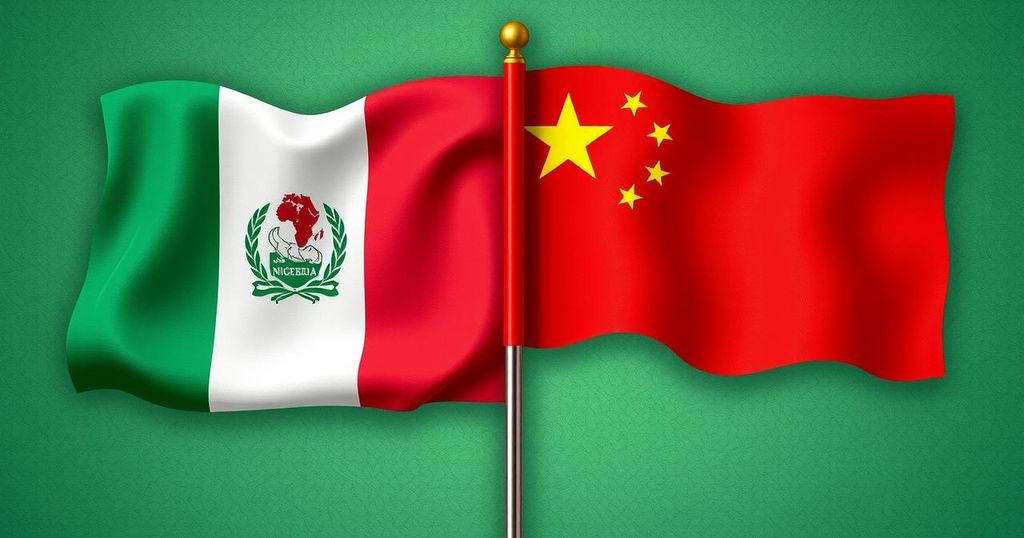Concerns Over Nigeria-China Currency Deal’s Impact on AfCFTA Participation

The Sea Empowerment Research Centre warns that Nigeria’s currency swap deal with China could undermine its participation in the AfCFTA by deepening reliance on the Yuan and limiting trade with other African nations. Concerns include increased Chinese competition, foreign exchange pressures, and failure to address tariff barriers, potentially hindering Nigeria’s domestic markets and objectives of the AfCFTA.
A recent warning from the Sea Empowerment Research Centre indicates that the renewed currency swap deal between Nigeria and China could hinder Nigeria’s role in the Africa Continental Free Trade Area (AfCFTA). The agreement, valued at 15 billion yuan (approximately $2 billion), is designed to facilitate trade and investment; however, it may inadvertently deepen Nigeria’s reliance on the Chinese Yuan, thereby restricting its ability to engage fully with AfCFTA’s objectives of fostering intra-African trade and economic integration.
Eugene Nweke, the head of the center, stated that while the deal could enhance financial cooperation between Nigeria and China, the emphasis on local currencies might shift trade focus solely toward China. This shift could significantly challenge Nigeria’s trading relationships with other African nations, undermining the essence of the AfCFTA initiative to promote the use of African currencies instead of foreign ones.
Moreover, Mr. Nweke expressed concerns regarding the potential influx of Chinese goods into the Nigerian market, which could intensify competition for local businesses and further detract from the AfCFTA’s goal of strengthening African enterprises. He also noted that the currency swap agreement does not address existing tariff and non-tariff barriers hindering trade among African nations, a primary focus of the AfCFTA’s mission.
Additionally, Mr. Nweke highlighted the trade imbalance between Nigeria and China, which currently sees Nigeria importing more than it exports. He warned that this deal could exacerbate foreign exchange outflows, potentially straining Nigeria’s external reserves. He remarked that currency fluctuations could render Nigerian exports less competitive, particularly if the naira depreciates against the yuan. While the currency swap pact may stimulate bilateral trade, it raises concerns regarding its long-term implications on Nigeria’s international trade dynamics.
The Africa Continental Free Trade Area (AfCFTA) aims to boost African economic integration and increase intra-African trade by reducing reliance on foreign currencies and enhancing the use of local African currencies. The renewed currency swap deal between Nigeria and China, worth 15 billion yuan, aims to strengthen financial ties and facilitate trade between both countries. However, experts are concerned that such an arrangement could undermine the objectives of the AfCFTA by potentially prioritizing trade with China over broader African economic cooperation.
The renewed currency swap agreement between Nigeria and China, while intending to enhance trade relations, may pose significant challenges to Nigeria’s participation in the AfCFTA. By increasing dependence on the Chinese Yuan and focusing trade with China, the deal risks undermining the objectives of promoting intra-African trade and addressing tariff barriers. Consequently, this situation necessitates a careful assessment of the long-term impacts on Nigeria’s trading relationships within Africa, particularly with regards to local industries and economic stability.
Original Source: punchng.com








